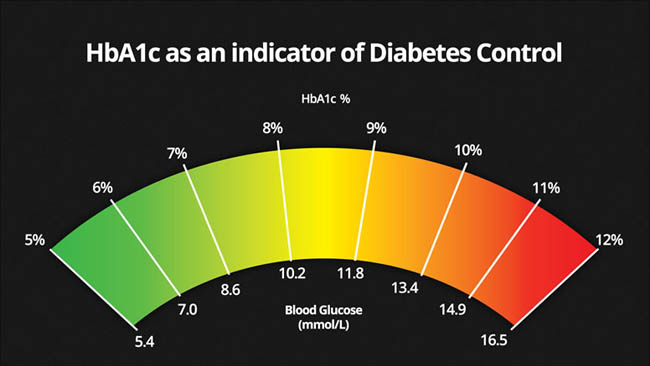
Jaipur, 20 November, 2020.
In the reference of World Diabetes Day, Dr. Jay Chordia, Consultant Endocrinologist Udaipur & Dr. Sailesh Lodha, Senior Endocrinologist, Jaipur, held a roundtable meeting in Jaipur to highlight the importance of managing diabetes amidst the ongoing COVID-19 pandemic. Dr. Jay Chordia & Dr. Sailesh Lodha also discussed the trends that have emerged in diabetes management based on the data presented in the recently unveiled, Second-year report of Impact India: 1000-day Challenge by Novo Nordisk Education Foundation.
The latest findings of the India Diabetes Care Index suggest that glycosylated hemoglobin or HbA1c level has decreased from 8.30% to 8.01% in Jaipur since 2018. The HbA1c is the best recommended indicator of long-term blood sugar control and gives average blood sugar control for three months.
Speaking about the decreased HbA1c level in Jaipur, Dr. Sailesh Lodha, Senior Endocrinologist said that "For two consecutive years consistently, people living with diabetes in Jaipur have registered a decrease in their average HbA1c levels. Despite staying at home for longer this year due to the COVID-19 induced restrictions, Jaipurians have managed to maintain their HbA1c levels well. This is a positive sign as people with diabetes have up to 50% higher risk of developing severe complications from COVID-19.”
The effective management of diabetes can be achieved with healthy diet, regular physical exercise and consistent monitoring of diabetes level. People with diabetes should keep an adequate stock of medications and supplies for monitoring blood glucose at home. If symptoms like difficulty in breathing or shortness of breath, fever, dry cough, tiredness, aches and pains, sore throat, headache, loss of taste or smell are experienced, immediate medical attention should be sought.
IDCI is a part of the 'Impact India: 1000-Day Challenge' programme
by Novo Nordisk Education Foundation and serves as a guiding tool for the
status of diabetes care across India. iDCI was introduced in 2018 as part of
the programme to monitor the diabetes care status of the country. Based on big
data analytics, iDCI has been providing a real-time view of the average HbA1c
in India, a key indicator of the state of diabetes control across select
cities.
At present, more than 77 million people are living with diabetes in India. Under the IMPACT India programme, digital platforms are also being leveraged to partner with practitioners (doctors and paramedics) to evolve and implement an approach to diabetes care appropriate to India. iDCI is a dynamic tool that not only tracks the status of diabetes care but also helps to increase awareness, motivate and sensitize healthcare professionals (HCPs) and the society. The last two years of the programme have seen significant contributions from healthcare practitioners (HCPs), and people living with diabetes from across the country. There has been an improving trend in the iDCI results every quarter, and this will lead to a reduction in the future burden of diabetes-related complications in India.